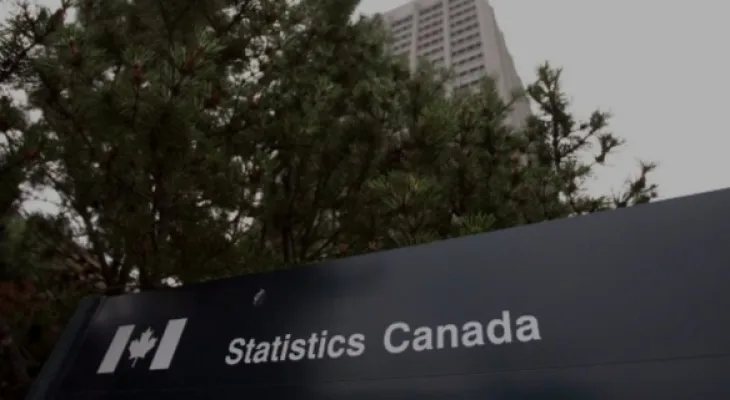Search here
Newspaper
Search here

Arab Canada News
News

Published: March 18, 2023
Inflation in Canada likely fell again last month, but as many Canadians continue to suffer from the cost of living, the federal government faces pressure to provide more support in the upcoming budget.
Statistics Canada is scheduled to release its Consumer Price Index report for February on Tuesday, providing its latest reading on inflation ahead of the federal government's budget on March 28.
Both Desjardins and RBC expect the inflation rate to have declined to 5.4 percent last month, down from 5.9 percent in January.
But even with lower inflation, the federal government has indicated that the budget will include affordability measures to help Canadians who are still facing challenges due to the cost of living.
For his part, Desjardins chief economist Jamie Golombek said all eyes are on Ottawa to balance affordability priorities with fiscal constraints.
Meanwhile, the Bank of Canada has focused on bringing inflation back to the 2 percent target. The interest rate hike cycle during the past year has started to slow the economy by forcing individuals and businesses to pull back on spending.
With the economy slowing, economists worry that excessive or untargeted measures by the federal government may work against the central bank’s efforts and force it to raise interest rates even higher.
In the same context, Finance Minister Chrystia Freeland has repeatedly said she is committed to fiscal restraint and ensuring the federal government does not make the Bank of Canada's job harder.
But Liberals also face pressure from the New Democrats to continue providing support to low-income Canadians who have been severely impacted by inflation.
New Democratic Party leader Jagmeet Singh said he wants to see the government extend the six-month enhancement of the goods and services tax credit, which was introduced last fall and temporarily doubled the amount people receive.
Also at a press conference on Wednesday, Prime Minister Justin Trudeau did not consider whether his government would extend the credit, but said the budget would include affordability measures.
Trudeau said: "In our budget, we will introduce measures that will directly help Canadians."
Inflation has also become a major political and economic concern in the country after a sharp rise in prices last year, partly driven by the Russian invasion of Ukraine and disrupted supply chains.
But since peaking at 8.1 percent last summer, Canada's inflation rate has steadily declined as global inflationary pressures ease and higher interest rates weigh on the economy.
Golombek said lower gas prices last month likely contributed to further declines in the core inflation rate. Other components of the Consumer Price Index, such as food prices, likely did not ease much.
Grocery prices in January were 11.4 percent higher than they were a year earlier.
Also, the Bank of Canada is currently holding the key interest rate steady at 4.5 percent, hoping inflation will ease without further interest rate hikes.
In February, the average hourly wage rose 5.4 percent, matching inflation expectations.
The Bank of Canada said that ongoing strong wage growth will make returning to the 2 percent inflation target difficult.
For workers, Golombek said the narrow gap between inflation and wage growth is good news, but it does not compensate for what they have lost.
Comments